- Forklift Lithium Battery
-
48V
- 48V 210Ah
- 48V 300Ah
- 48V 420Ah (949 x 349 x 569 mm)
- 48V 420Ah (950 x 421 x 450 mm)
- 48V 456Ah
- 48V 460Ah (830 x 630 x 590 mm)
- 48V 460Ah (950 x 421 x 450 mm)
- 48V 460Ah (800 x 630 x 600 mm)
- 48V 460Ah (820 x 660 x 470 mm)
- 48V 500Ah
- 48V 560Ah (810 x 630 x 600 mm)
- 48V 560Ah (950 x 592 x 450 mm)
- 48V 600Ah
- 48V 630Ah
-
48V
- Lithium Golf Cart Battery
- 12V Lithium Battery
12V 150Ah Lithium RV Battery
Bluetooth App | BCI Group 31
LiFePO4 Lithium
Discharge Temperature -20°C ~ 65°C
Fast Charger 14.6V 50A
Solar MPPT Charging - 24V Lithium Battery
- 36V Lithium Battery
- 48V Lithium Battery
-
48V LiFePO4 Battery
- 48V 50Ah
- 48V 50Ah (for Golf Carts)
- 48V 60Ah (8D)
- 48V 100Ah (8D)
- 48V 100Ah
- 48V 100Ah (Discharge 100A for Golf Carts)
- 48V 100Ah (Discharge 150A for Golf Carts)
- 48V 100Ah (Discharge 200A for Golf Carts)
- 48V 150Ah (for Golf Carts)
- 48V 160Ah (Discharge 100A for Golf Carts)
- 48V 160Ah (Discharge 160A for Golf Carts)
-
48V LiFePO4 Battery
- 60V Lithium Battery
-
60V LiFePO4 Battery
- 60V 20Ah
- 60V 30Ah
- 60V 50Ah
- 60V 50Ah (Small Size / Side Terminal)
- 60V 100Ah (for Electric Motocycle, Electric Scooter, LSV, AGV)
- 60V 100Ah (for Forklift, AGV, Electric Scooter, Sweeper)
- 60V 150Ah (E-Motocycle / E-Scooter / E-Tricycle / Tour LSV)
- 60V 200Ah (for Forklift, AGV, Electric Scooter, Sweeper)
-
60V LiFePO4 Battery
- 72V~96V Lithium Battery
- Rack-mounted Lithium Battery
- E-Bike Battery
- All-in-One Home-ESS
- Wall-mount Battery ESS
-
Home-ESS Lithium Battery PowerWall
- 24V 100Ah 2.4kWh PW24100-S PowerWall
- 48V 50Ah 2.4kWh PW4850-S PowerWall
- 48V 50Ah 2.56kWh PW5150-S PowerWall
- 48V 100Ah 5.12kWh PW51100-F PowerWall (IP65)
- 48V 100Ah 5.12kWh PW51100-S PowerWall
- 48V 100Ah 5.12kWh PW51100-H PowerWall
- 48V 200Ah 10kWh PW51200-H PowerWall
- 48V 300Ah 15kWh PW51300-H PowerWall
PowerWall 51.2V 100Ah LiFePO4 Lithium Battery
Highly popular in Asia and Eastern Europe.
CE Certification | Home-ESS -
Home-ESS Lithium Battery PowerWall
- Portable Power Stations
We accept OEM, ODM and SKD orders
Power Lithium Batteries OEM/ODM Manufacturer
Redway Power
Power Lithium Batteries, One-Stop Solution
Redway Power is at the forefront of manufacturing Power Lithium Batteries or Motive Lithium Batteries. Specifically designed for electric vehicles (EVs) and hybrid vehicles, these advanced batteries serve as the primary energy storage system, powering electric motors. Redway's PowerLithium Batteries, predominantly lithium-ion, contribute to the sustainable electrification of transportation.
With varying capacities and cutting-edge technology, they offer enhanced energy density, extended range, and superior performance. As a leader in the field, Redway Power's commitment to innovation drives the development of Lithium Batteries that play a pivotal role in promoting greener and eco-friendly transportation solutions.
Redway Power for Batteries OEM/ODM
Best Power Lithium Batteries Manufacturer in 2024
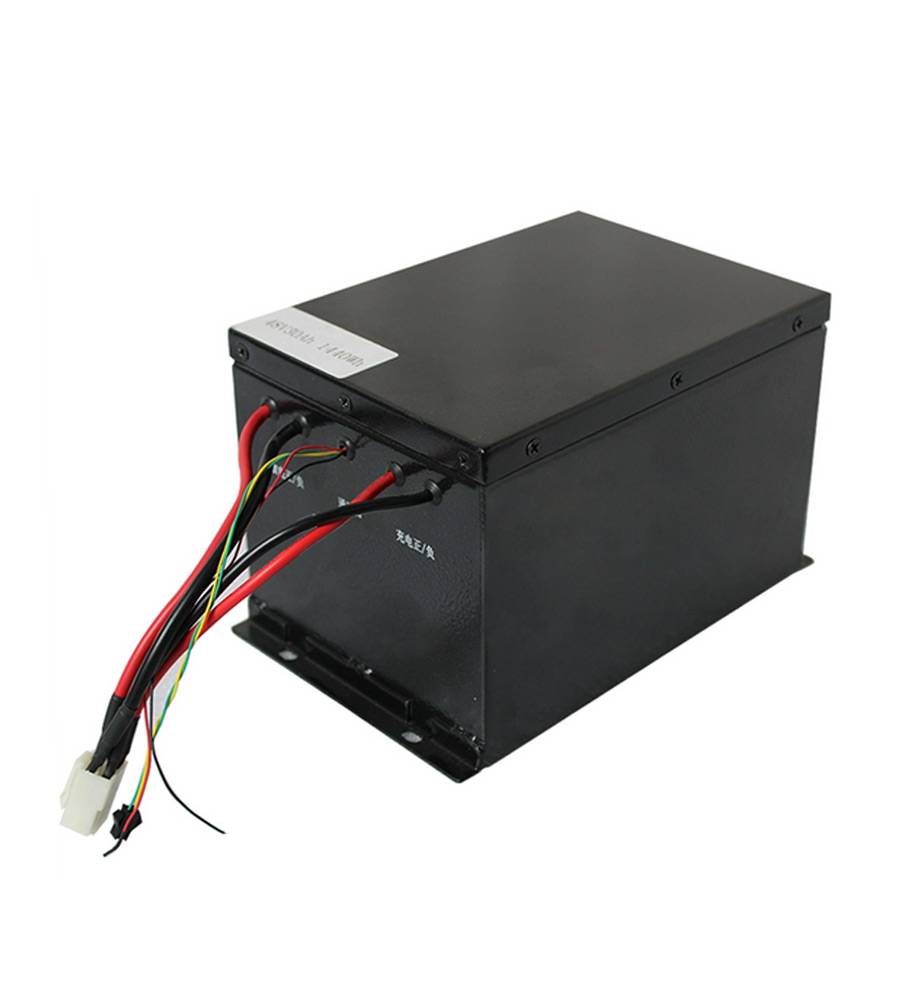
48V 30Ah
LiFePO4, Bluetooth, Electric Motocycle LiFePO4 Battery
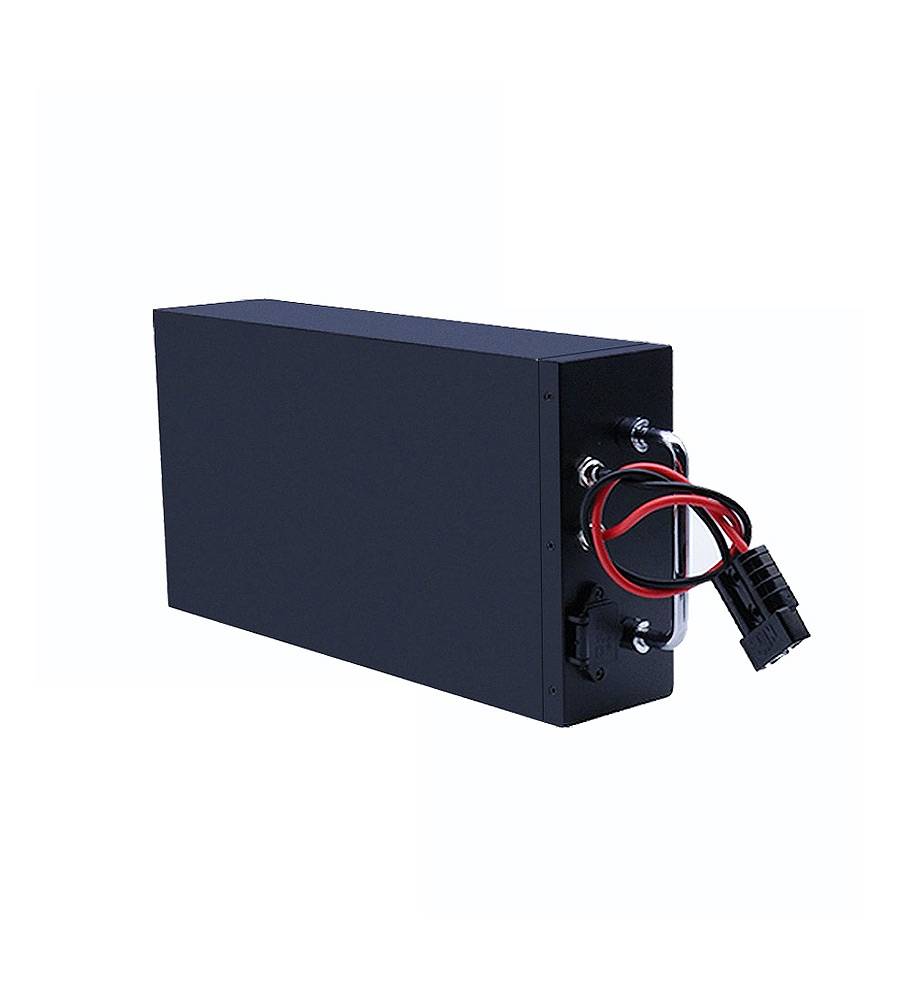
60V 20Ah
LiFePO4, Bluetooth, Electric Motocycle Battery
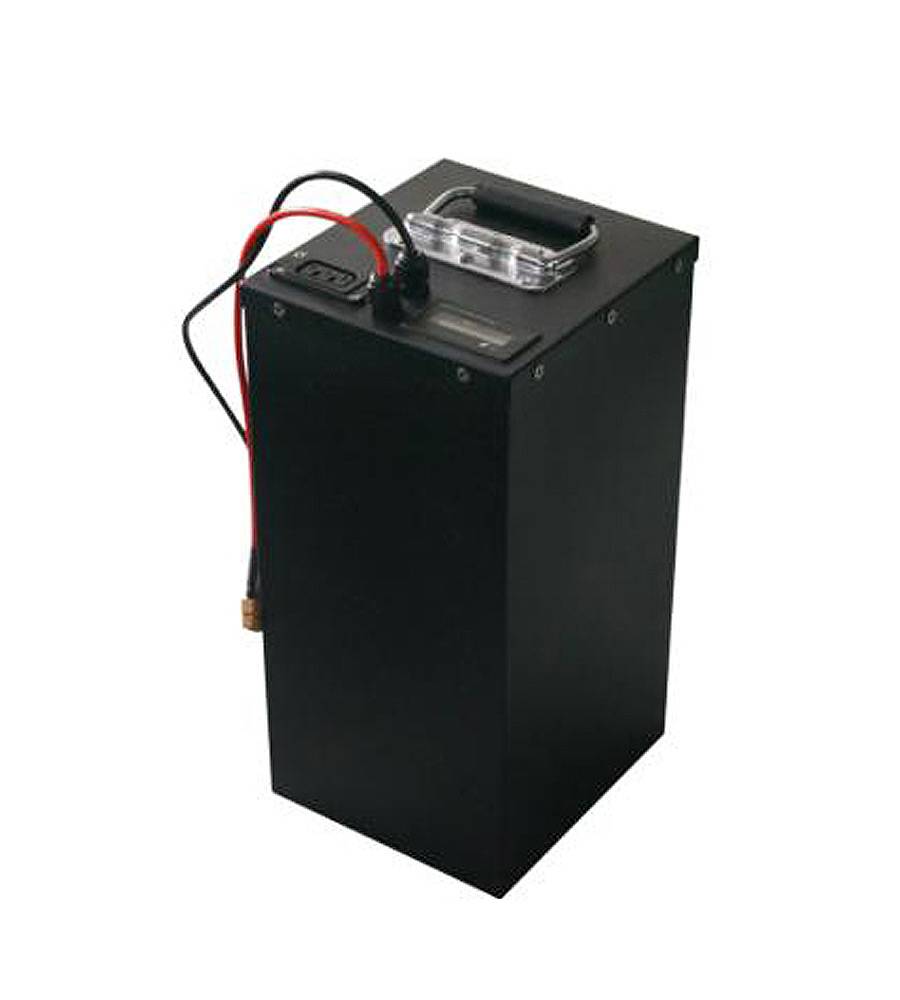
60V 40Ah
LiFePO4, Bluetooth, Electric Motocycle Battery
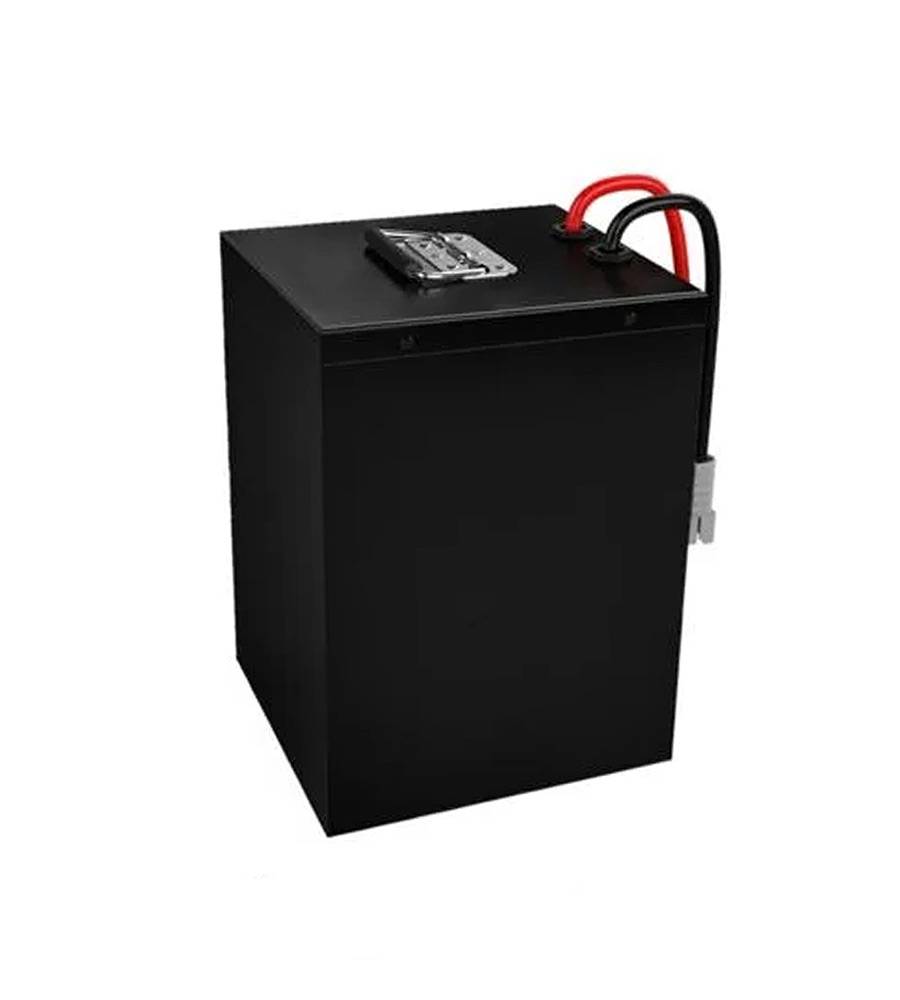
72V 36Ah
LiFePO4, Bluetooth, Electric Motocycle LFP Battery
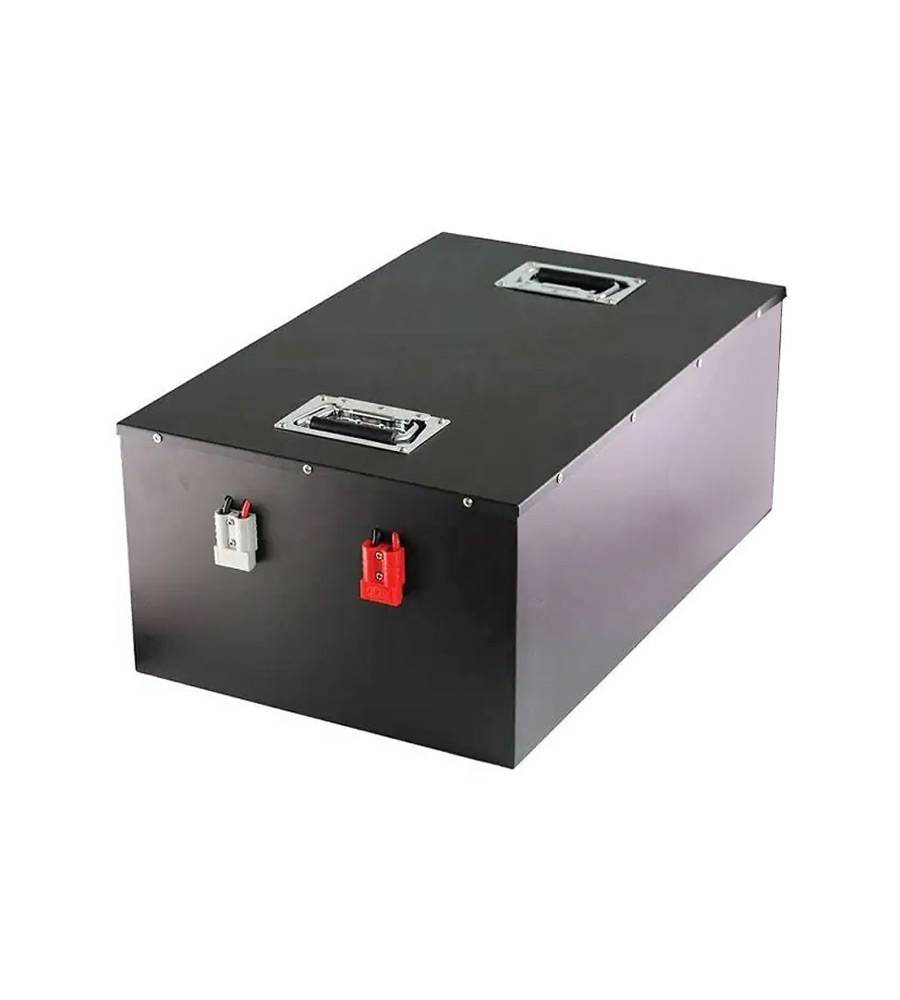
48V 200Ah
AGV Robot
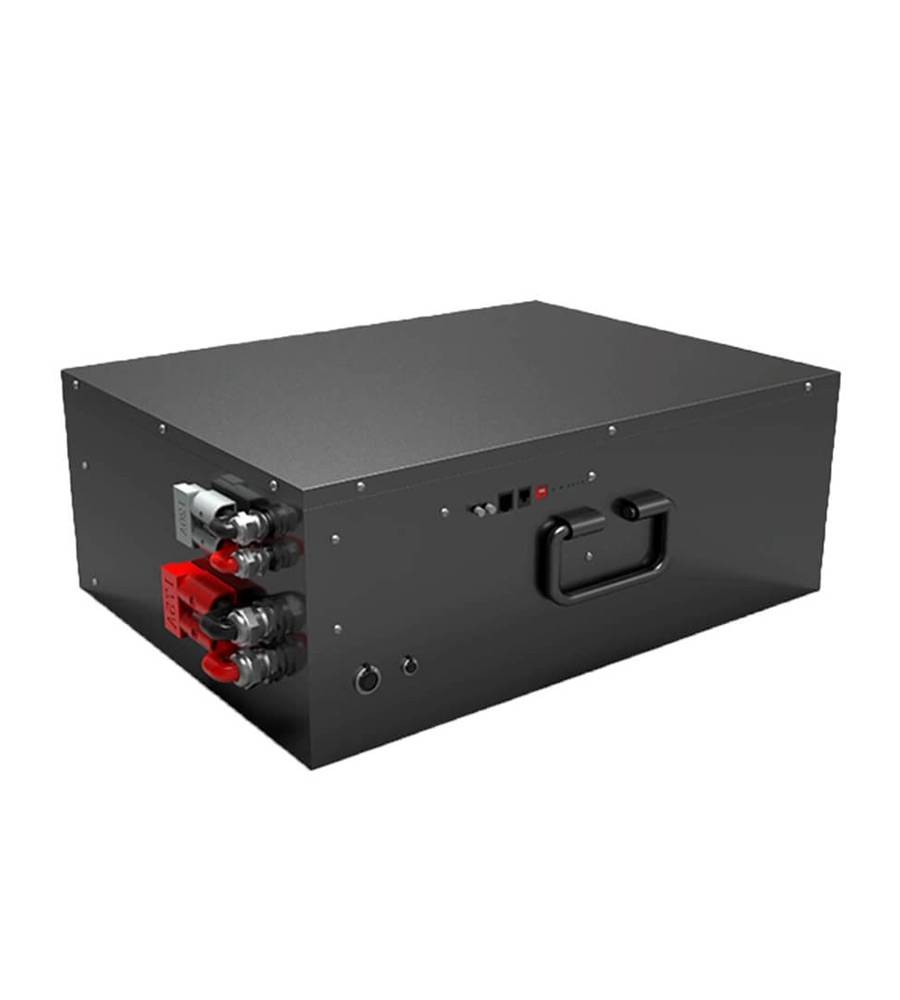
48V 250ah
AGV Robot
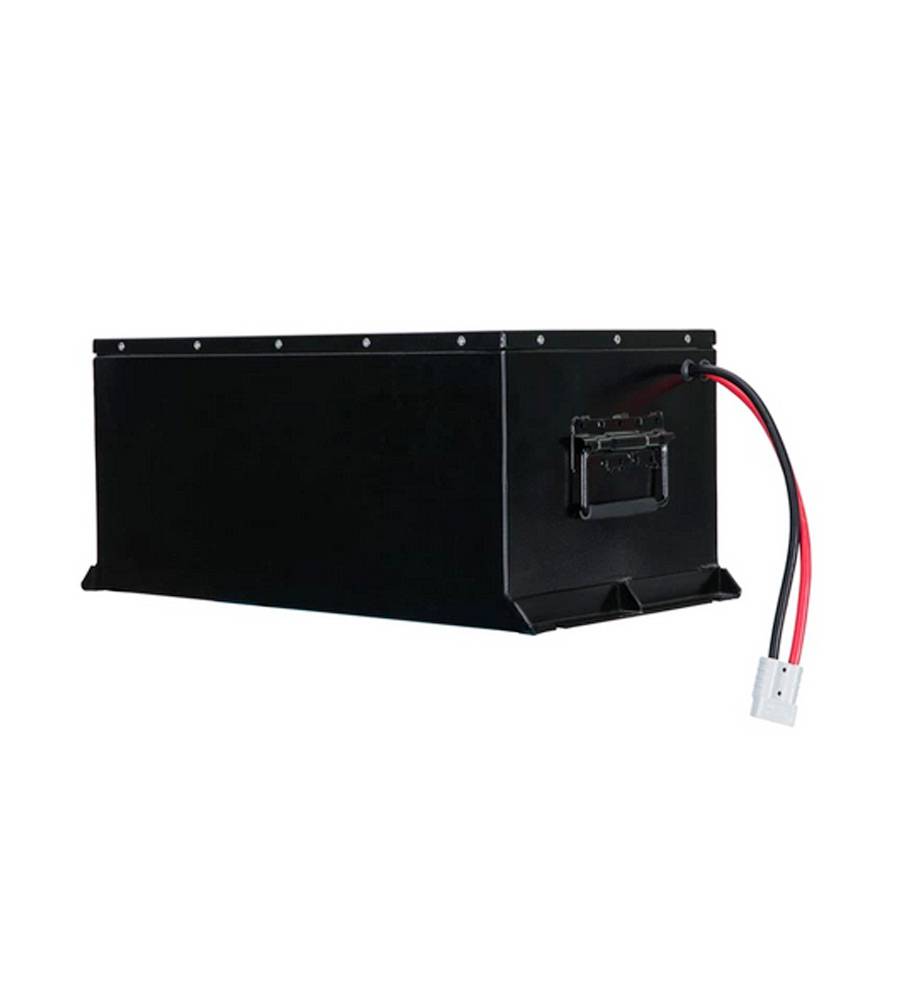
60V 60Ah
Robot
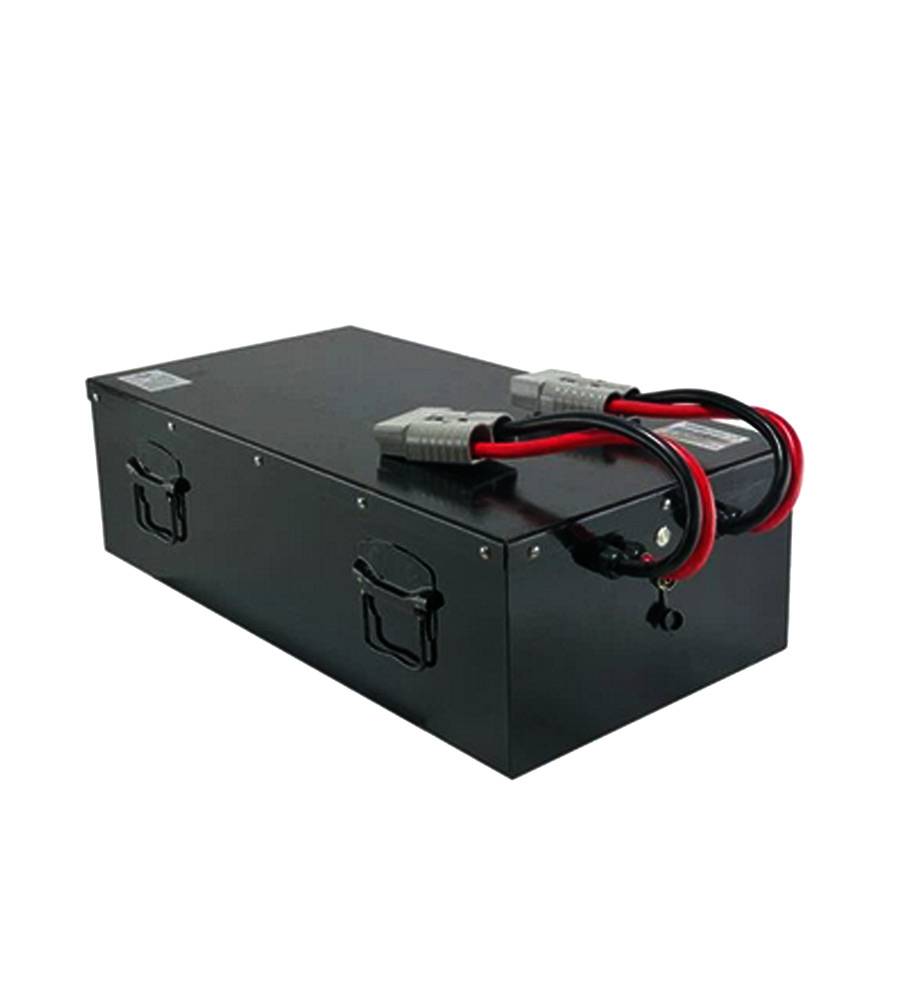
72V 350Ah
Robot
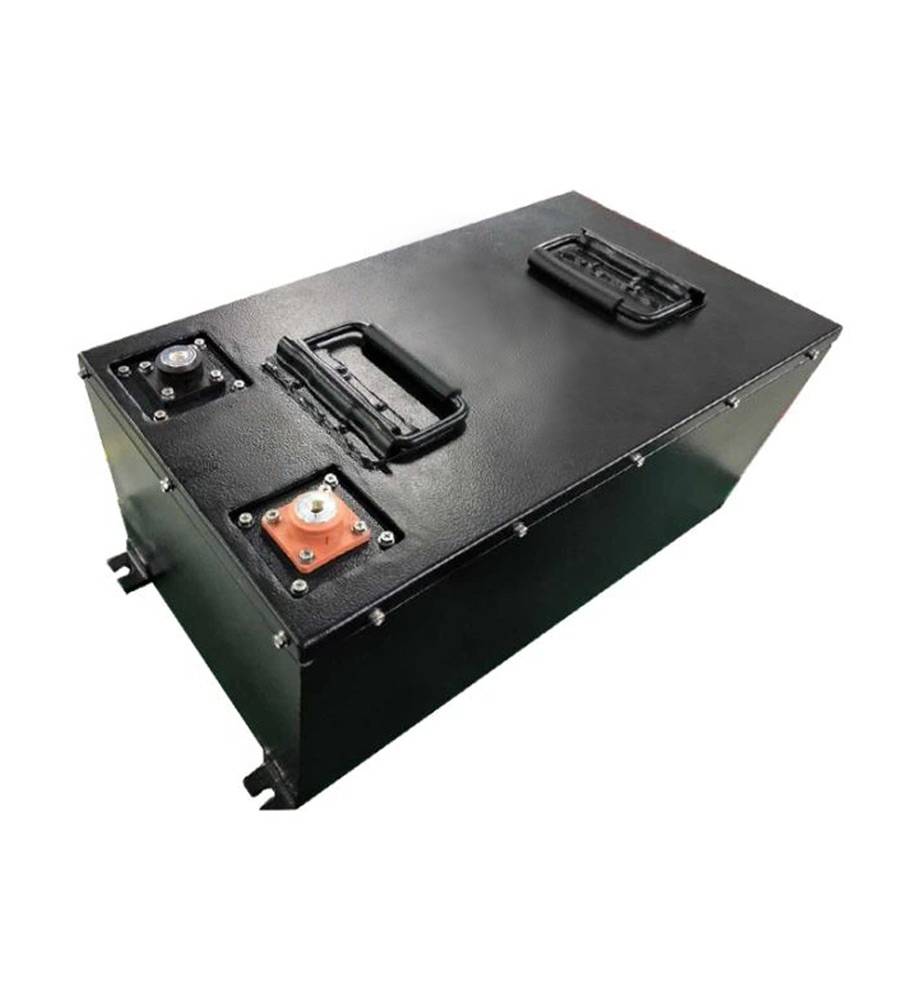
72V 40Ah
LiFePO4, Bluetooth, Electric Motocycle LFP Battery
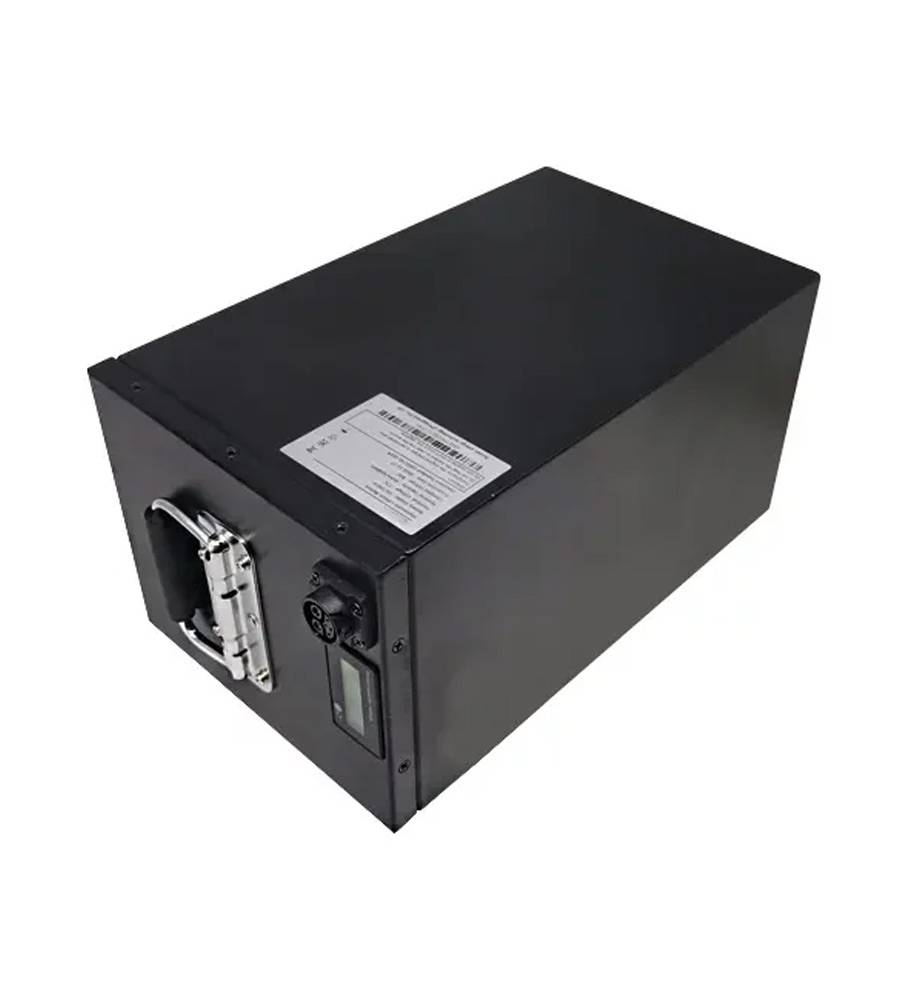
72V 45Ah
LiFePO4, Bluetooth, Electric Motocycle Battery
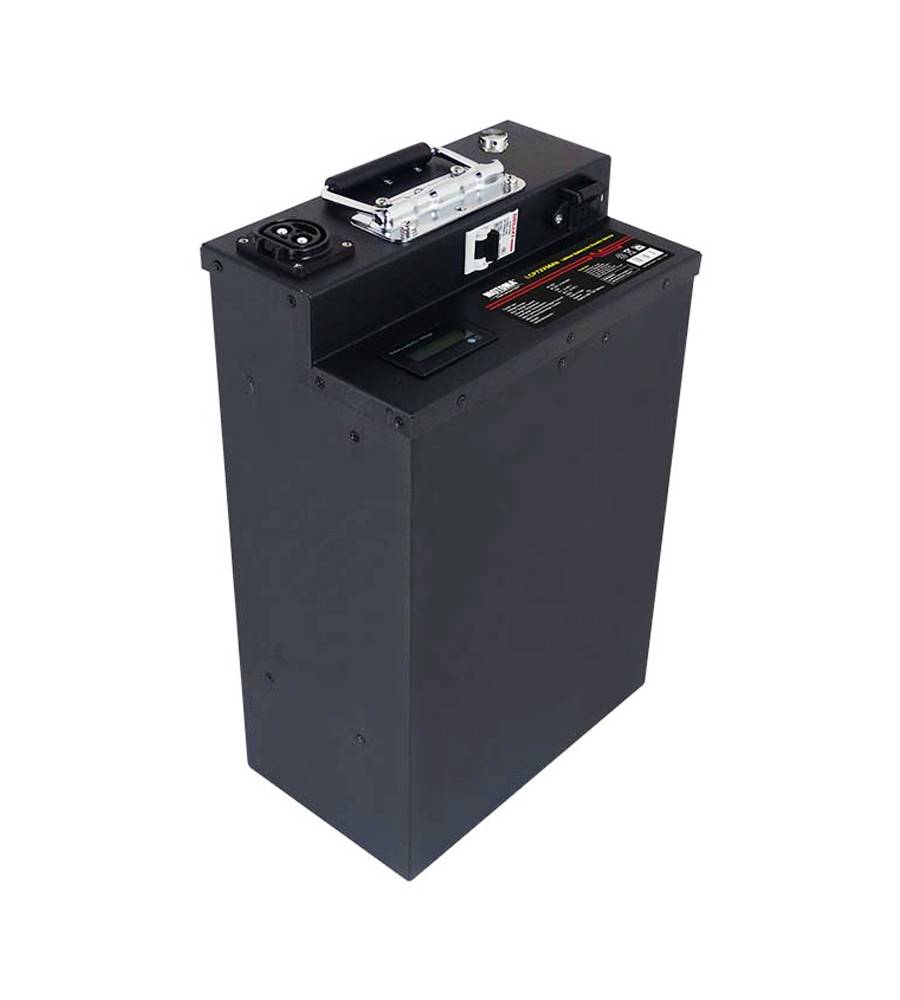
72V 50Ah
LiFePO4, Bluetooth, Electric Motocycle LFP Battery
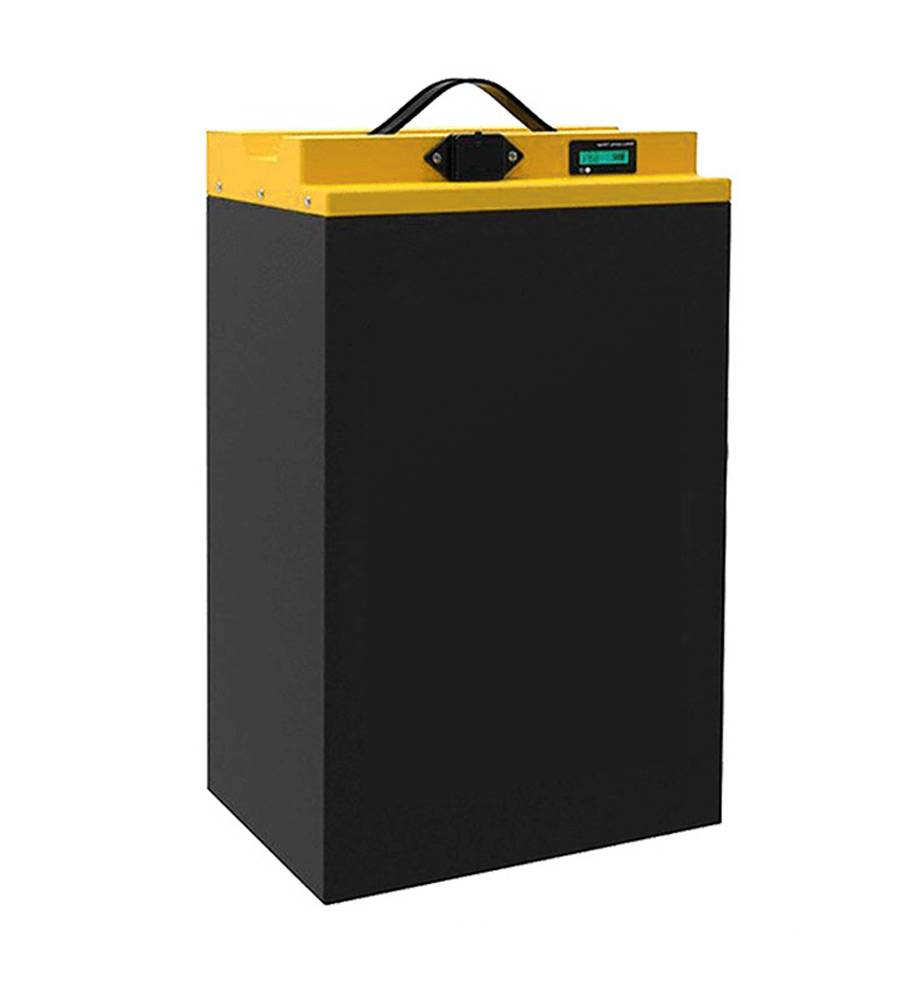
72V 60Ah
LiFePO4, Bluetooth, Electric Motocycle LFP Battery
Power Lithium Batteries Wholesale
Power lithium batteries wholesale offers a wide range of lithium-ion batteries for various applications. These batteries are known for their high energy density, long lifespan, and fast charging capabilities. With their rechargeable nature, power lithium batteries are an efficient and sustainable solution for powering electric vehicles, renewable energy systems, and portable electronic devices. Wholesale power lithium batteries provide reliable and cost-effective energy storage options for both commercial and residential use.
What is the wholesale price of lithium battery?
You can click contact us or phone call us. We will give you multiple options of price.
Is Redway Power a trading company or factory?
Redway Power is a company with its own factory, integrating research, development, production, and sales.
How about the quality of Redway's LiFePo4 Battery product?
Redway Power boasts over 12 years of experience in LiFePO4 battery production and is an authorized supplier for CATL and BYD.
Can you do an OEM/ODM project?
Yes, we have engineers available to assist in designing and developing any related products.
What’s your MOQ?
MOQ varies according to battery voltage and capacity.
What payment terms can we accept?
We accept TT/Paypal/West Union, etc.
Power Lithium Batteries Knowledge
Power lithium batteries are specifically designed for high-power applications like electric vehicles, delivering high currents and offering high energy density. Energy storage batteries, also known as capacity lithium-ion batteries, are used in energy storage stations to store electricity from renewable sources or during off-peak hours. These batteries have larger capacities and are optimized for long-term energy storage.
What voltage are 2 wheeler EV batteries?
2 wheeler EV batteries come in different voltage options, including 24V, 48V, and 60V. These voltages are chosen based on the power requirements and performance needs of the electric vehicles. For example, higher voltage batteries like 48V and 60V are often used in larger and more powerful 2 wheelers, providing increased acceleration and performance. On the other hand, 24V batteries may be suitable for smaller and less powerful 2 wheelers. The specific voltage of the battery depends on the manufacturer and model chosen.
- Voltage options for 2 wheeler EV batteries include 24V, 48V, and 60V.
- Higher voltage batteries like 48V and 60V are commonly used in larger and more powerful 2 wheelers, providing increased acceleration and performance.
- Lower voltage batteries like 24V may be suitable for smaller and less powerful 2 wheelers.
- The specific voltage of the battery depends on the manufacturer and model chosen.
How to make a power wheel battery last longer?
To make a power wheel battery last longer, follow these maintenance tips. Give the battery an initial charge for the recommended duration. Use a smart charger to prevent overcharging. Properly store the battery during winter, ensuring it is not left empty and periodically charging it. Monitor the battery and charger, avoid common mistakes like leaving the battery connected to the charger for too long, and maintain proper connections. By following these tips, you can extend the lifespan of your power wheel battery and enjoy longer-lasting playtime.
- Give the battery an initial charge for the recommended duration mentioned in the manual.
- Use a smart charger to prevent overcharging and ensure proper charging.
- Properly store the battery during winter, avoiding an empty state and periodically charging it.
- Monitor the battery and charger, avoid common mistakes like leaving the battery connected to the charger for too long, and maintain proper connections.
How can I improve the battery life on my two wheeler?
Improve the battery life on your two-wheeler with these tips. Check the charging levels regularly and ensure optimal charging. Disconnect the battery when not in use for a long time. Top up the electrolyte and maintain its levels. Avoid overloading the battery with high-power accessories. Clean the battery terminals to prevent underperformance. Minimize overuse and unnecessary power drain. Check for wire health and prevent short circuits. Utilize the kick-start feature and monitor cell-by-cell amperage. Protect the battery from direct sunlight and rain. By following these steps, you can enhance the battery life of your two-wheeler and enjoy a longer-lasting battery.
- Regularly check the charging levels and ensure optimal charging.
- Disconnect the battery when the two-wheeler is not in use for a long time.
- Top up the electrolyte and maintain its levels for optimal battery performance.
- Avoid overloading the battery with high-power accessories.
- Clean and check the battery terminals to prevent underperformance.
- Minimize overuse and unnecessary power drain to extend battery life.
- Check for wire health and prevent short circuits for safety and longevity.
- Utilize the kick-start feature and monitor cell-by-cell amperage for optimal performance.
- Protect the battery from direct sunlight and rain to prevent damage.
- By following these tips, you can improve the battery life of your two-wheeler and enjoy longer rides without worrying about battery issues.
What is the life of the battery in the EV two wheeler?
The lifespan of the battery in an EV two-wheeler depends on various factors. Lead-acid batteries typically last around 2-3 years, while lithium-ion batteries can have a lifespan of 4-7 years. Lead-acid batteries offer a range of 40-60 kilometers per charge, while lithium-ion batteries can provide ranges of up to 200 kilometers. Factors like the number of charge cycles, battery maintenance, and storage conditions also impact battery life. It’s important to choose a reliable battery and follow proper maintenance practices to ensure optimal performance and longevity.
- The battery type used in EV two-wheelers can vary, including lead-acid and lithium-ion batteries.
- Lead-acid batteries typically last around 2-3 years, while lithium-ion batteries can have a lifespan of 4-7 years.
- Lead-acid batteries offer a range of 40-60 kilometers per charge, while lithium-ion batteries can provide ranges of up to 200 kilometers.
- Factors like the number of charge cycles, battery maintenance, and storage conditions influence the lifespan of the battery.
How do you charge a 2 wheeler battery?
Charging a 2 wheeler battery is a simple process. First, remove the battery cover to access the terminals. Next, connect the charger to the battery terminals, ensuring correct alignment. Set the charger to the recommended voltage and amperage. Monitor the charging process and disconnect the charger once the battery is fully charged. By following these steps, you can easily charge your 2 wheeler battery and ensure it is ready for your next ride.
- Remove the battery cover or access panel to expose the battery terminals.
- Connect the charger to the battery terminals, ensuring proper alignment.
- Set the charger to the recommended voltage and amperage, as specified by the battery manufacturer.
- Monitor the charging process and disconnect the charger once the battery is fully charged.
What battery is used in electric two wheeler?
Electric two-wheelers use different types of batteries, including lead-acid, lithium-ion, nickel metal hydride (NiMH), and solid-state batteries. Lead-acid batteries were commonly used in the past but have lower energy density and shorter lifespans. Lithium-ion batteries are now widely used due to their higher energy density, longer lifespan, and fast-charging capabilities. NiMH batteries have been used in hybrid vehicles and offer a longer lifespan. Solid-state batteries are the latest development, offering higher energy density and improved safety. The choice of battery depends on factors like energy density, weight, lifespan, and cost.
- Lead-acid batteries were commonly used in the early days of electric two-wheelers. They have lower energy density, are heavier, and have a shorter lifespan.
- Lithium-ion batteries are now widely used in electric two-wheelers. They offer higher energy density, lighter weight, longer lifespan, and the ability to fast charge.
- Nickel metal hydride (NiMH) batteries have been used in hybrid vehicles and offer a longer lifespan compared to lead-acid batteries.
- Solid-state batteries are the latest development in battery technology, offering higher energy density, longer lifespan, and improved safety.
How does lithium ion battery work in EV?
A lithium-ion battery is the heart of an electric vehicle (EV), providing the necessary energy to power the vehicle. It consists of cells with a positive cathode, negative anode, and an electrolyte. During discharging, lithium ions flow from the cathode to the anode, releasing electrons that power the EV. When charging, the process reverses, with lithium ions moving from the anode to the cathode, storing energy. This reversible chemical reaction allows lithium-ion batteries to be used repeatedly. By understanding how a lithium-ion battery works, we can appreciate its role in driving the electric vehicle revolution.
Can EV batteries be made without lithium?
Electric vehicle batteries are predominantly made using lithium-ion technology. However, there is ongoing research into alternative battery chemistries. One such alternative is sodium-ion batteries, which offer advantages like a more geographically diverse distribution of raw materials and potential cost savings. While sodium-ion batteries currently have lower energy density and are more expensive, advancements in technology could make them a viable option in the future. Scientists are also exploring other alternatives, such as magnesium-based batteries, which could offer higher energy and be a more cost-effective solution.
- Lithium-ion batteries are currently the dominant type of battery used in electric vehicles.
- Researchers are exploring alternative battery chemistries, such as sodium-ion batteries, which offer advantages like a more geographically diverse distribution of raw materials and potential cost savings.
- Sodium-ion batteries currently have lower energy density and are more expensive, but advancements in technology could make them a viable option in the future.
- Other alternatives, such as magnesium-based batteries, are also being researched for their potential higher energy and cost-effectiveness.
Which lithium battery is best for EV?
Lithium batteries used in electric vehicles (EVs) include lithium-ion, lithium-polymer, and lithium-iron-phosphate batteries. Lithium-ion batteries are widely used due to their high energy density, reliability, and relatively low cost. Lithium-polymer batteries, although they have safety concerns, are suitable for smaller applications. Lithium-iron-phosphate batteries prioritize safety and have a longer lifespan. When determining the best lithium battery for an EV, factors like energy density, cost, safety, and environmental impact should be considered. As technology advances, solid-state batteries are also emerging as a promising alternative for future EVs.
- Lithium-ion batteries are widely used in EVs due to their high energy density, reliability, and relatively low cost.
- Lithium-polymer batteries, although they have safety concerns, are suitable for smaller applications.
- Lithium-iron-phosphate batteries prioritize safety and have a longer lifespan.
How safe are lithium batteries in EV cars?
Safety is a critical aspect when it comes to lithium batteries in electric vehicles (EVs). The choice of battery materials, such as lithium iron phosphate and NCM lithium batteries, significantly impacts safety performance. Lithium iron phosphate batteries excel in puncture resistance and post-collision safety, while NCM lithium batteries have a higher decomposition temperature. Battery thermal management is essential to prevent thermal failure and combustion. Battery protection configurations, including enhanced casing hardness and circuit control after collisions, further enhance safety. By considering these safety aspects, you can ensure a safer driving experience with lithium batteries in EVs.
- The choice of battery materials, such as lithium iron phosphate and NCM lithium batteries, significantly impacts safety performance.
- Battery thermal management is crucial to prevent thermal failure and combustion.
- Battery protection configurations, including enhanced casing hardness and circuit control after collisions, further enhance safety.
How long can a lithium-ion battery last without charging?
A lithium-ion battery can typically last several months without charging, depending on its initial charge level and the rate of self-discharge. Recharging the battery periodically is recommended to prevent deep discharge and maintain its overall health. Deep discharge can lead to reduced capacity and potential damage if the battery is left in a discharged state for too long. Optimize the lifespan of your lithium-ion battery by following these guidelines.
- The lifespan of a lithium-ion battery: A lithium-ion battery can last for several months without charging, depending on its initial charge level and the rate of self-discharge. However, it is recommended to recharge the battery periodically to prevent deep discharge and maintain its overall health. Deep discharge can lead to reduced capacity and potential damage if the battery is left discharged for too long.
- Factors affecting battery lifespan: The lifespan of a lithium-ion battery can vary based on usage patterns, charging intervals, and operating conditions. Factors such as temperature, usage habits, and charging practices can influence the battery’s longevity. It is important to avoid deep discharges, charge the battery before it reaches low levels, and store it in a cool and dry place when not in use. Regular usage and avoiding extreme temperatures can also help prolong the battery’s lifespan.
What is the most efficient battery for EV?
Discover the best EV batteries, ranked based on range and reliability. Electric cars are gaining popularity worldwide, offering benefits like tax incentives, lower running costs, and better performance. While lithium-ion batteries are currently the go-to choice for EVs due to their maturity and affordability, solid-state batteries hold immense promise for the future. Ongoing research and development by esteemed institutions and automakers shape the future of EV batteries. Stay informed with featured111 for more curated content on electric vehicles and battery technology.
- Lithium-ion batteries: Currently, lithium-ion batteries are widely used in EVs due to their high energy density, which allows for longer driving ranges, and their relatively lightweight. They offer a good balance between performance, cost, and energy efficiency. Lithium-ion batteries have been extensively researched and developed, making them the go-to choice for most EV manufacturers.
- Solid-state batteries: Solid-state batteries are considered the future of EVs. They utilize a solid electrolyte instead of a liquid one, offering advantages such as increased energy density, faster charging times, and improved safety. Solid-state batteries also have a longer lifespan and are less prone to thermal runaway. Although still in the early stages of development, solid-state batteries hold immense promise for the future of EVs.
Inquiry Now














